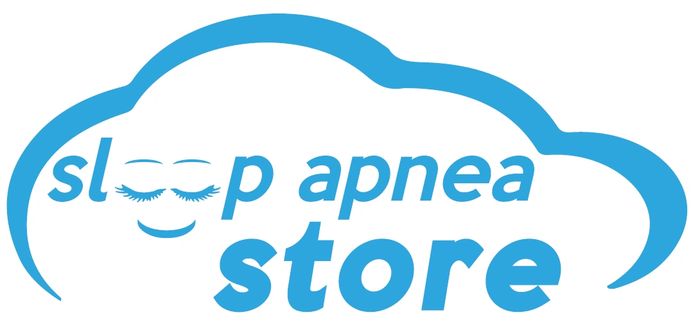***** We now accepts Peoples Health, all Aetna Plans, and Humana Medicaid *****
WELCOME TO THE SLEEP APNEA STORE

SAY GOODBYE TO SLEEP DISORDERS
***** We now accepts Peoples Health, all Aetna Plans, and Humana Medicaid *****

SAY GOODBYE TO SLEEP DISORDERS
EXCITING NEWS!!!
In response to the growing need for convenient and accessible healthcare solutions, we are now offering virtual setups with a Certified Respiratory Therapist. Whether you're a new CPAP user or looking to upgrade your equipment, our team is here to support you in achieving optimal comfort and effectiveness with your therapy.
Click the link below for more information or to set up a remote consultation!

Health Management Services, Inc has specialized in the treatment of sleep disorders for over 33 years. HMS operates three Sleep Apnea Store locations in Louisiana and Mississippi. We provide the highest level of sleep expertise that our patients and their physicians look for in a quality provider.

Obstructive sleep apnea is a common and serious sleep disorder that repeatedly causes you to stop breathing during sleep. Warning signs include loud snoring and gasping or choking sounds as you sleep. Estimates suggest that nearly 30 million adults in the US have obstructive sleep apnea. Worldwide, sleep apnea may affect almost one billion people. Chances are that sleep apnea will impact your life in one way or another. It may affect you, your bed partner, or another family member. Here are six facts about sleep apnea to keep in mind.
1. There are two types of sleep apnea.
Obstructive sleep apnea is most common. It occurs when your muscles relax during sleep, causing soft tissue to collapse and block the airway. You try to breathe but can’t. Central sleep apnea occurs due to instability in your body’s breathing control system. Your body stops trying to breathe during sleep.
2. Sleep apnea can occur at any age, even in infants.
Central sleep apnea can occur in kids. It may be a developmental problem or the result of another medical condition. More common is pediatric obstructive sleep apnea. In children, sleep apnea is often caused by large tonsils and adenoids that block the airway during sleep.
3. Sleep apnea increases with age.
Until the day that we master the technology to stop aging, getting older will continue to be a natural part of life. The risk of having sleep apnea increases with age, and women are more likely to have sleep apnea after menopause. The severity of sleep apnea also tends to progress slowly over time. Although the rate of sleep apnea appears to reach a plateau around the age of 65 years, you can still develop it later in life.
4. Sleep apnea is often undiagnosed.
It is estimated that about 23.5 million U.S. adults who have sleep apnea remain undiagnosed. Too many people fail to recognize that snoring is a warning sign for sleep apnea. One study also found that women tend to underreport snoring and underestimate its loudness. Women also may be more likely than men to report symptoms such as fatigue or insomnia.
5. Untreated, severe apnea can affect your health.
When ignored and untreated, sleep apnea can cause serious health problems. These problems include high blood pressure, heart disease, Type 2 diabetes, stroke and depression.
6. Lifestyle changes can reduce sleep apnea severity.
The most important risk factor for sleep apnea is excess body weight. Getting closer to a heathly weight can help improve your breathing during sleep. You also should avoid smoking and drinking alcohol. For some people, sleep apnea mostly occurs while sleeping on their back. In that case, using positional therapy to promote side-sleeping can help.
Keeping your CPAP equipment clean reduces the likelihood of getting sick from illnesses. It prevents bacteria, fungus and other contaminants build up which can make you sick. Here we show you how to properly clean your equipment.
We use cookies to analyze website traffic and optimize your website experience. By accepting our use of cookies, your data will be aggregated with all other user data.